When mentioning Portugal , people often think of delicious glasses of wine, long white sand beaches and ancient architecture. However, this country also contains a rich cultural treasure, clearly expressed through traditional festivals. Let's explore the top 7 most impressive festivals in Portugal for unforgettable experiences!
1. Festas dos Santos Populares - Saints Festival
Festas dos Santos Populares is one of the biggest festivals in Portugal (Photo source: Collected)
The Festas dos Santos Populares is one of the biggest and most important festivals in Portugal, taking place every June. It honors three saints who are particularly beloved by the Portuguese people: St. Anthony, St. John and St. Peter.
In Lisbon, the festivities begin with the feast of St. Anthony (June 13), considered the city’s patron saint. Streets are decorated with lanterns and colorful paper flowers. Traditional mass weddings are held at the São António church, and young couples parade through the streets in traditional wedding attire.
The highlight of the festival is the street music performances, with traditional Fado music and folk dances. Visitors can enjoy sardinha assada (grilled sardines) - the typical dish of the festival, and local wine in the vibrant festival atmosphere.
2. Carnaval - Costume Festival
Carnaval in Portugal is one of the biggest masquerade festivals in Europe (Photo source: Collected)
Carnaval in Portugal is one of the biggest carnivals in Europe, taking place every February or March, before the Catholic season of Lent. Although not as famous as Carnaval in Brazil, this Portuguese festival still offers a unique and memorable experience.
Torres Vedras, about an hour's drive from Lisbon, is famous for Portugal's oldest and most spectacular Carnaval festival. Parades with floats, costumed dancers, and lively street performers take place over five days.
The highlight of Carnaval Torres Vedras is the giant "cabeçudos" masks, which often depict political figures and celebrities. The festival is also famous for "matrafonas" - men dressed as women, creating humorous and hilarious moments.
3. São João - Saint John's Festival
São João is the biggest festival in Porto city (Photo source: Collected)
São João is the biggest festival in the city of Porto, taking place on the night of June 23. It is one of the most vibrant and fun street festivals in Portugal, attracting thousands of attendees every year.
The most unique tradition of the festival is that locals and visitors use plastic hammers to lightly hit each other on the head – a custom that is believed to bring good luck. Initially, garlic or basil were used, but today the plastic hammers have become a symbol of the festival.
Porto's streets are ablaze with lanterns and flags. Outdoor parties featuring sardinha assada, grilled chouriço (sausages) and Porto wine take place everywhere. The evening festivities end with a spectacular fireworks display over the Douro River.
4. Festa do Colete Encarnado - Red Vest Festival
Festa do Colete Encarnado is a festival celebrating campino culture (Photo source: Collected)
The Festa do Colete Encarnado is a traditional festival that takes place in early July in Vila Franca de Xira, a town near Lisbon. This Portuguese festival celebrates the culture of campinos – traditional cowboys from the Ribatejo region.
The highlight of the festival is the parade of bull herders dressed in traditional garb, including their distinctive red vests. One of the most thrilling moments is the “largada de touros,” when the bulls are released to run through the streets of the town, similar to the famous San Fermin festival in Pamplona, Spain. The festival also includes traditional musical performances, bull herding competitions, and street parties featuring typical Ribatejo dishes.
5. Festa da Flor - Madeira Flower Festival
Festa da Flor is a famous flower festival that takes place in spring (Photo source: Collected)
Festa da Flor is a famous flower festival that takes place in spring (usually April or May) on the island of Madeira. This Portuguese festival celebrates the beauty of flowers and spring, transforming the capital city of Funchal into a colorful garden.
The highlight of the festival is the parade with splendid floats and dancers in costumes decorated with fresh flowers. The "Wall of Hope" - an art work made up of thousands of flowers brought by children - is one of the most meaningful activities of the festival.
In addition, the festival also features flower exhibitions, music performances, and street art activities. Visitors can admire the artistic flower carpets created on the main streets of the city.
6. Festival Internacional de Máscaras Ibérico - Iberian Mask Festival
The atmosphere of the Festival Internacional de Máscaras Ibérico (Photo source: Collected)
Festival Internacional de Máscaras Ibérico is a unique festival that takes place at the end of June in Bragança, northern Portugal. The festival focuses on preserving and promoting the mask tradition of the Portugal-Spain border region.
Performing groups from both countries perform in traditional costumes and with unique masks, each with its own cultural and historical significance. Many masks are made from wood, leather, cloth or metal, with designs ranging from demons to animals.
This Portuguese festival not only features parades but also seminars, exhibitions and workshops on the traditional art of mask making. Visitors have the opportunity to learn about the history and significance of each mask.
7. Festa dos Tabuleiros - Bread and Flower Festival
Festa dos Tabuleiros takes place every four years in the city of Tomar (Photo source: Collected)
The final Portuguese festival is the Festa dos Tabuleiros. This is a unique festival that takes place every four years in the city of Tomar. It is one of Portugal’s oldest religious festivals, dating back to the time of Queen Isabel.
The highlight of the festival is the parade of hundreds of young women wearing “tabuleiros” – elaborate headpieces decorated with bread, flowers and colorful ribbons. Each tabuleiro is as tall as the wearer and is balanced delicately on the head.
During the week-long festival, the city of Tomar is filled with a festive atmosphere with musical performances, art exhibitions and other cultural activities. Visitors can enjoy traditional dishes and join in the vibrant festival atmosphere.
Festivals in Portugal are a living testament to the rich culture and long-standing traditions of this country. Each festival has its own unique features, from solemn religious festivals to vibrant street festivals. Participating in these festivals not only brings interesting experiences but also helps visitors understand more deeply about Portuguese culture and people. If you have the opportunity to visit this country, do not forget to arrange your schedule to participate in at least one of these unique festivals.
Source: https://www.vietravel.com/vn/am-thuc-kham-pha/7-le-hoi-o-bo-dao-nha-v15883.aspx


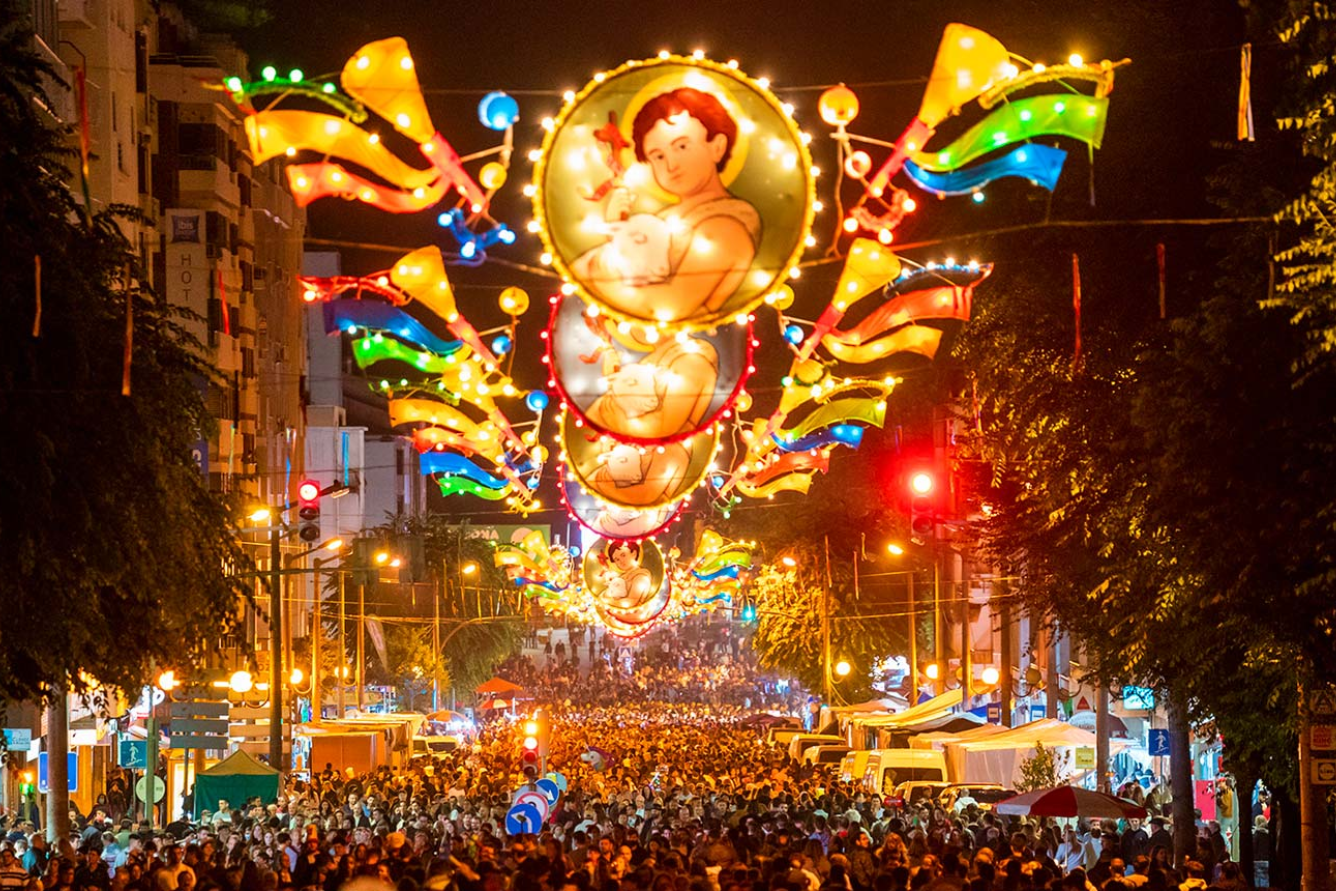
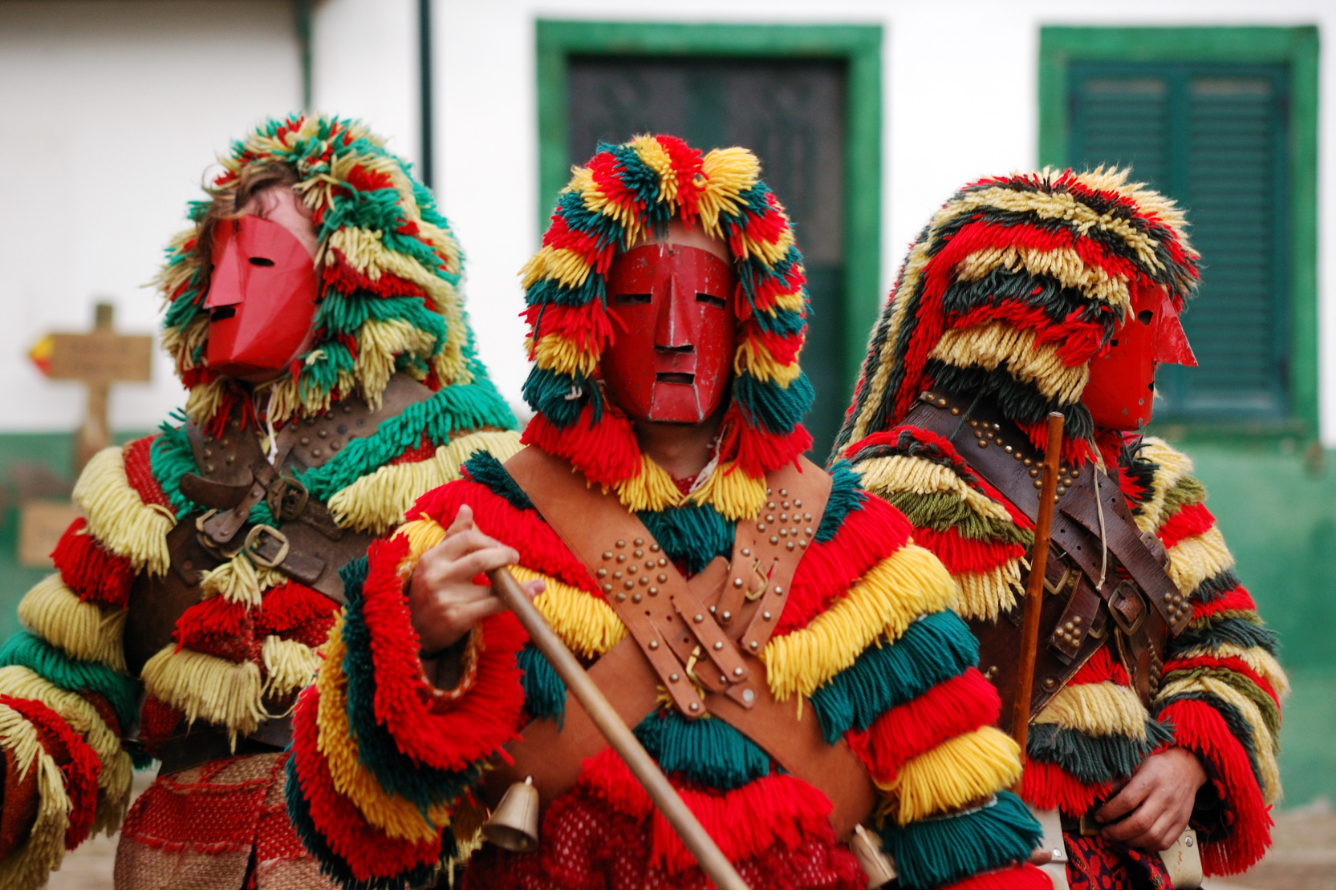
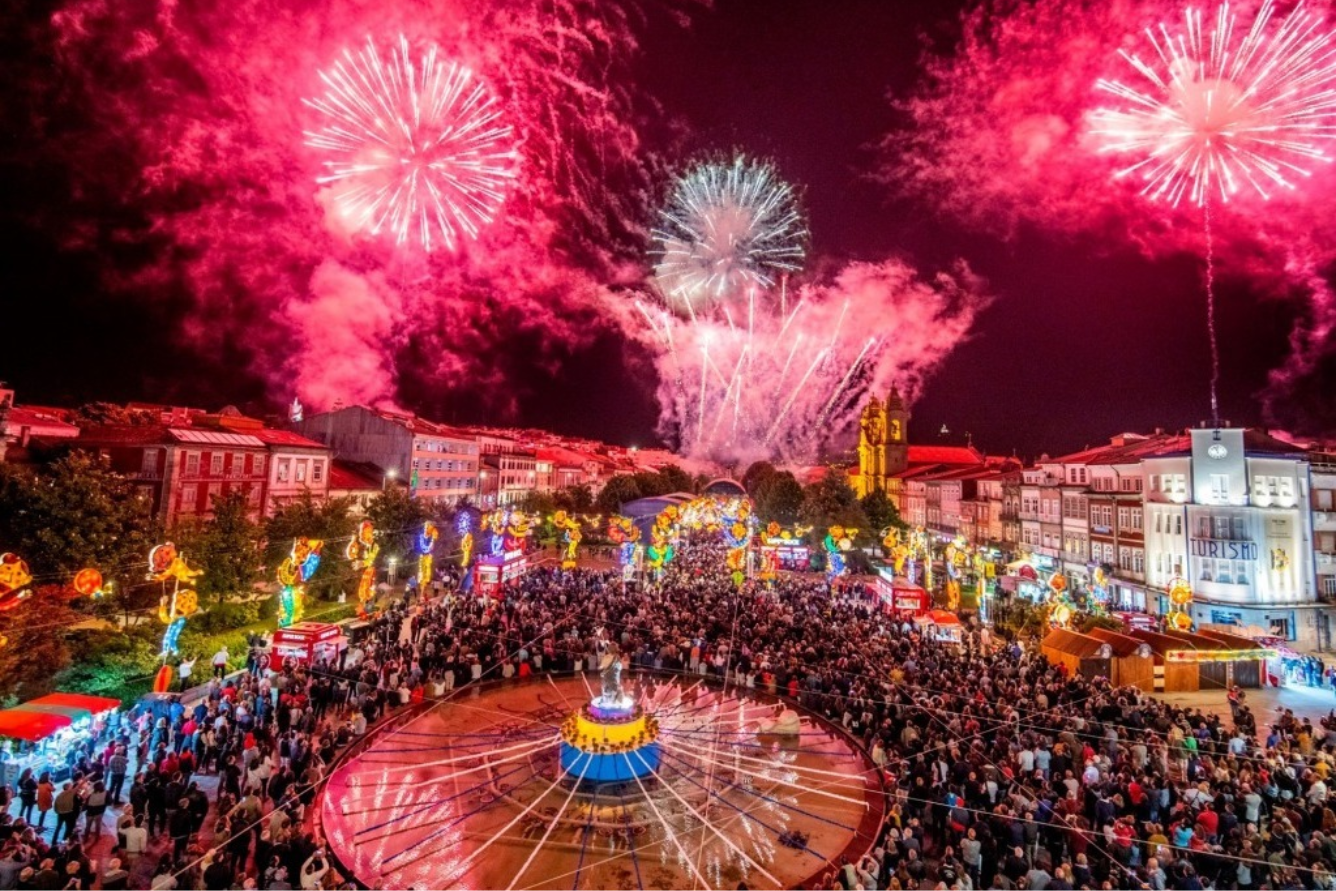
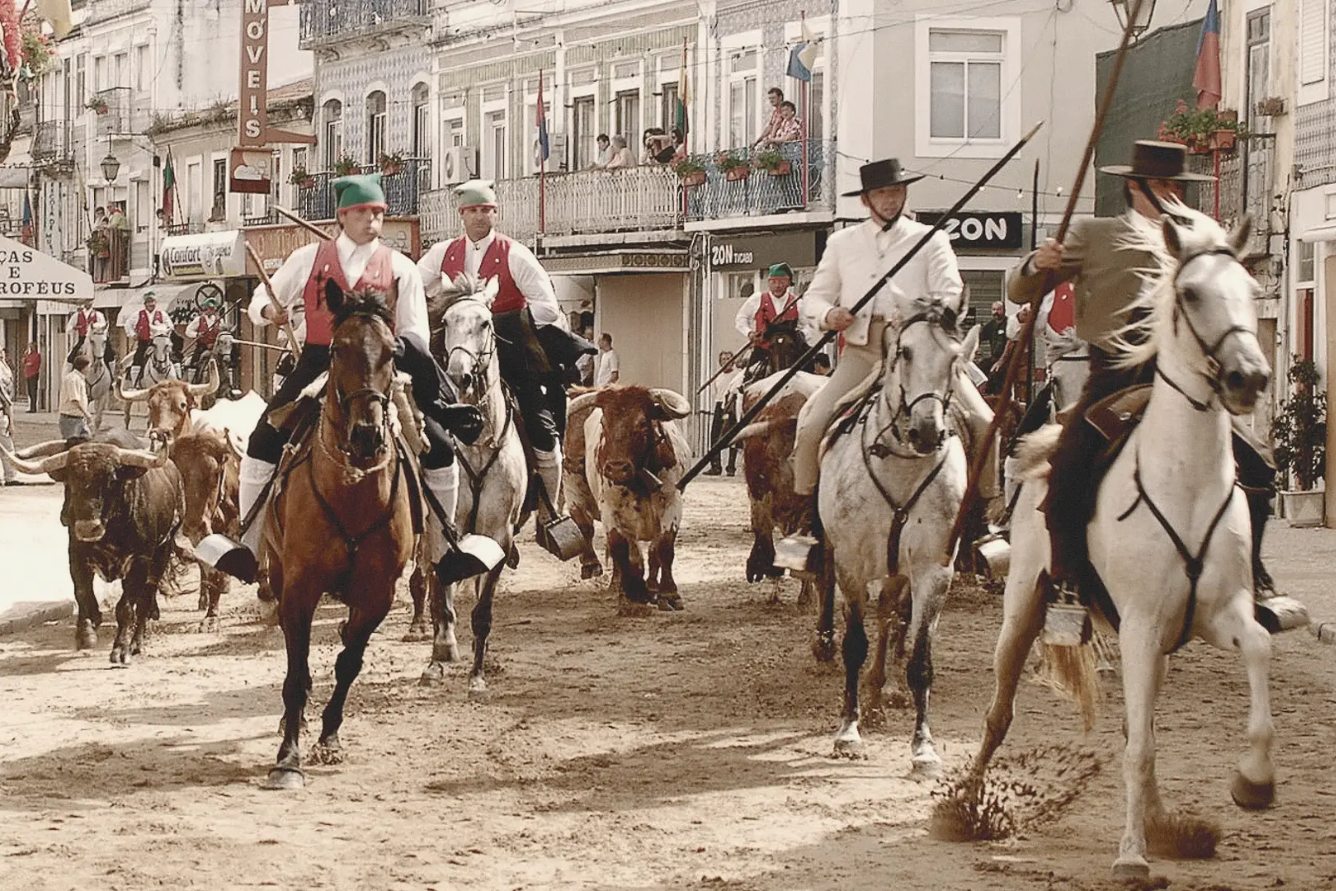
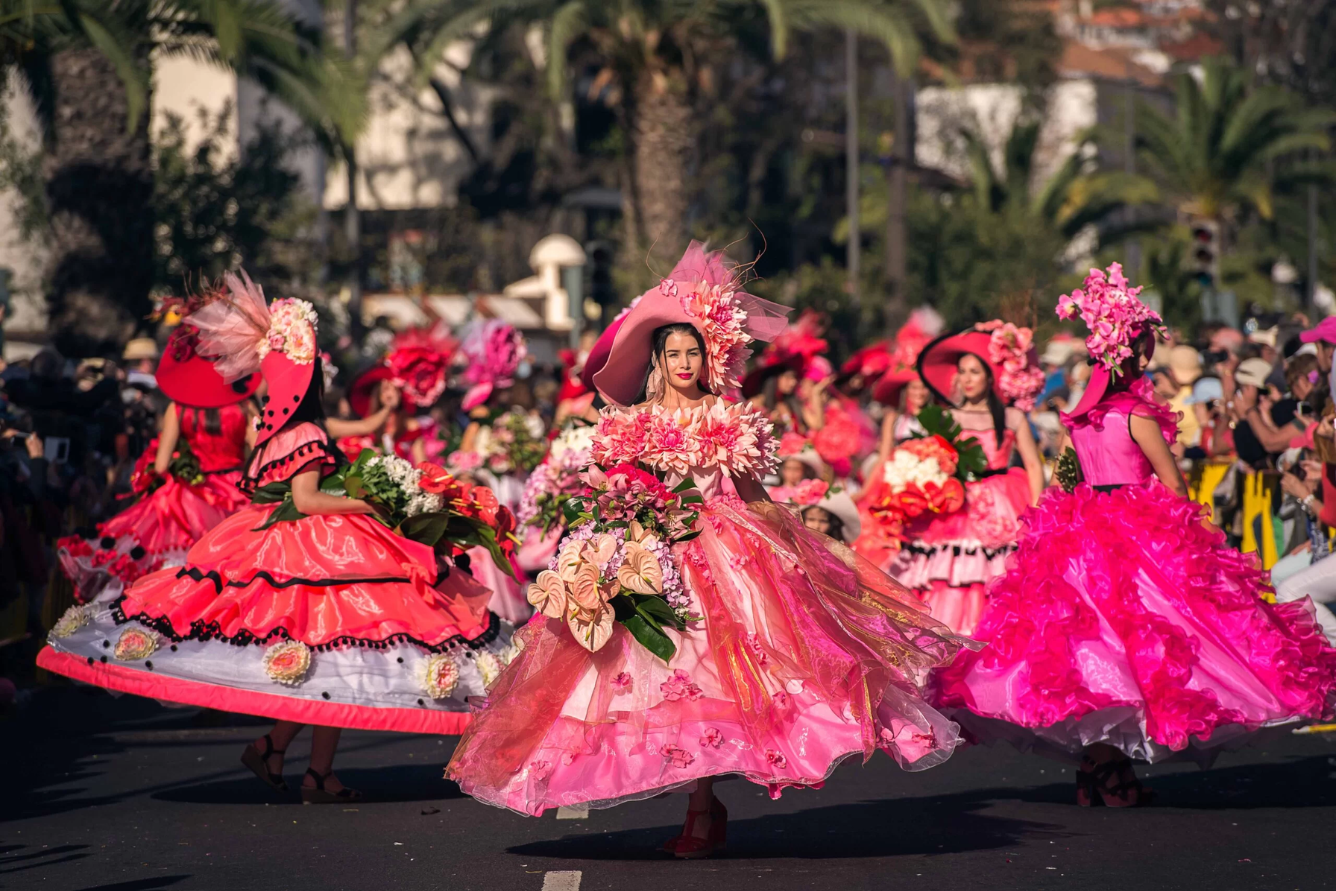
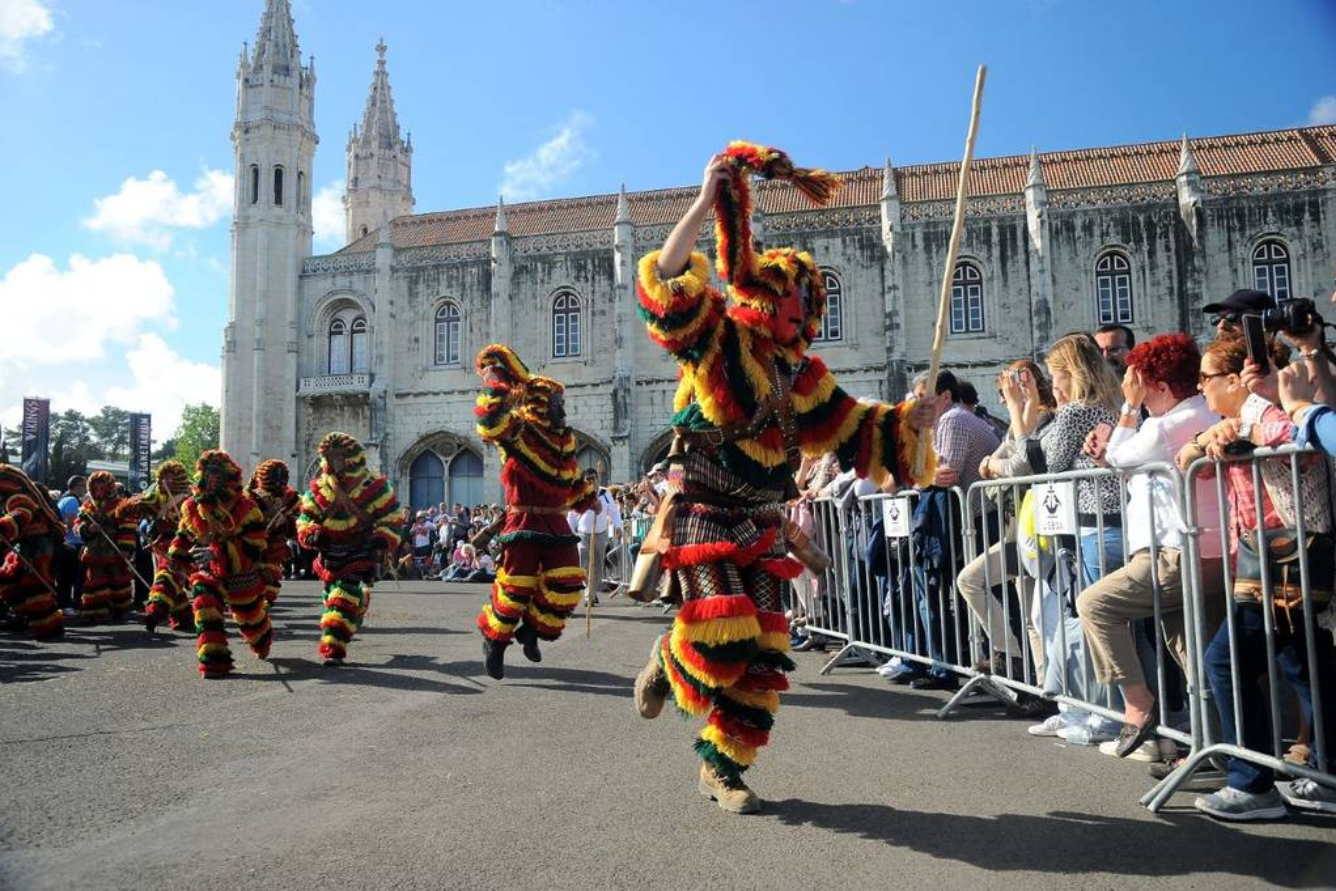
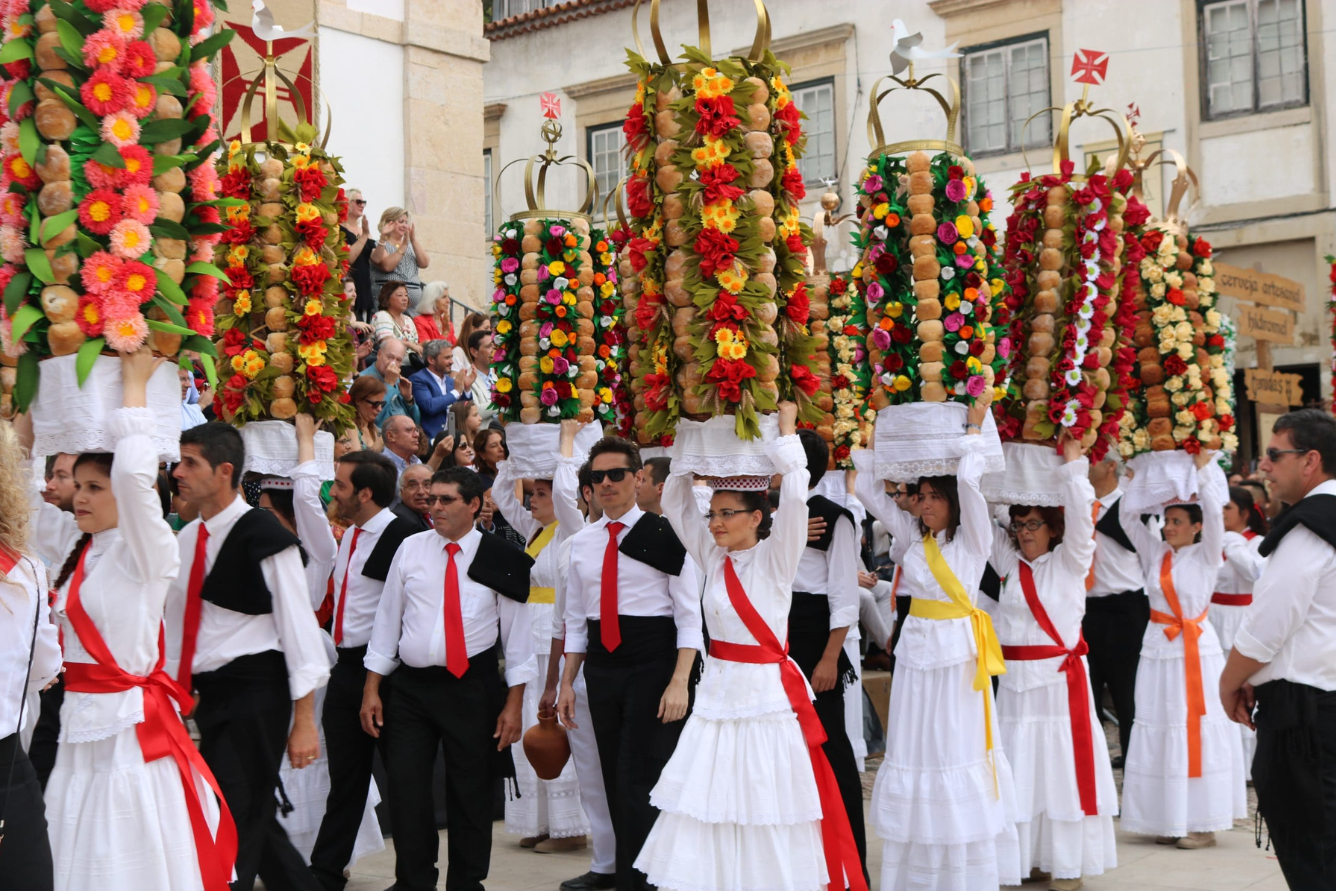



![[Photo] Closing of the 14th Conference of the 13th Party Central Committee](https://vphoto.vietnam.vn/thumb/1200x675/vietnam/resource/IMAGE/2025/11/06/1762404919012_a1-bnd-5975-5183-jpg.webp)
![[Photo] Prime Minister Pham Minh Chinh receives the delegation of the Semiconductor Manufacturing International (SEMI)](https://vphoto.vietnam.vn/thumb/1200x675/vietnam/resource/IMAGE/2025/11/06/1762434628831_dsc-0219-jpg.webp)

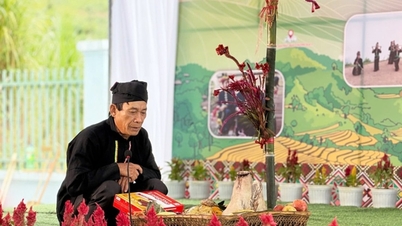

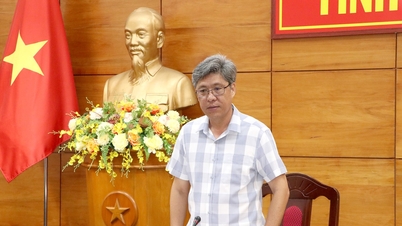



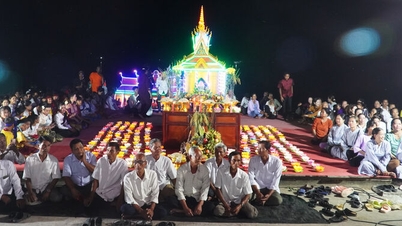



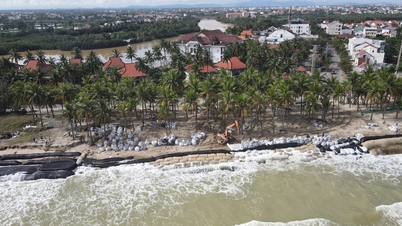
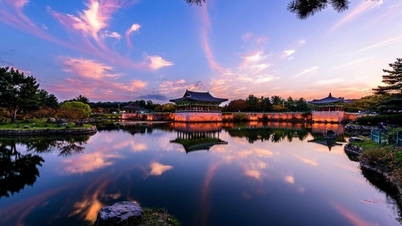


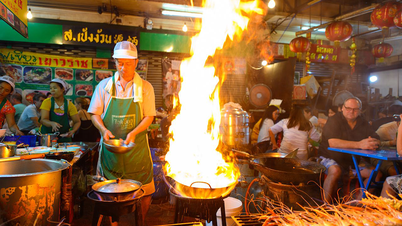


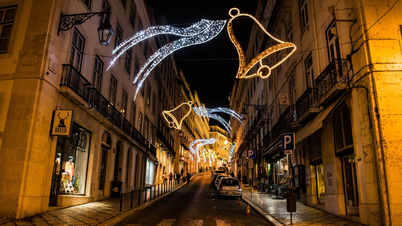





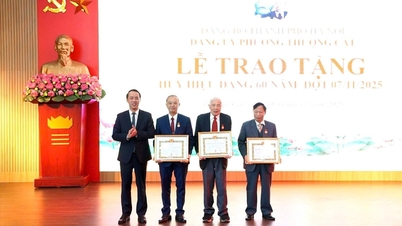
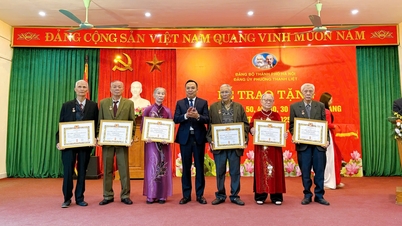

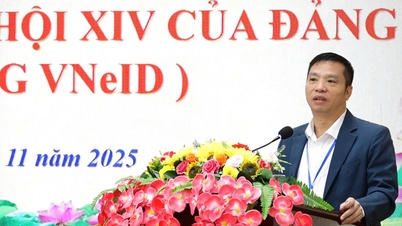
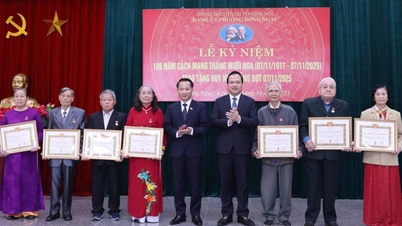



































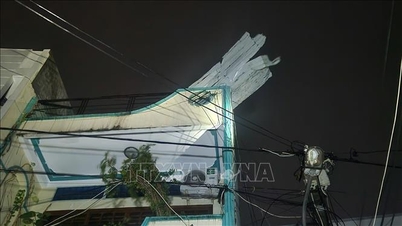

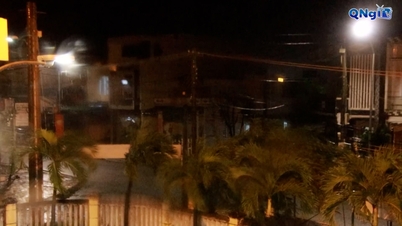

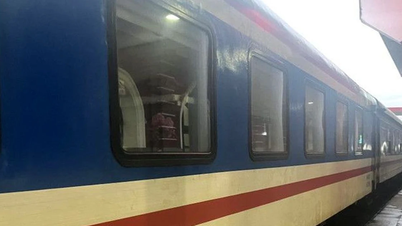

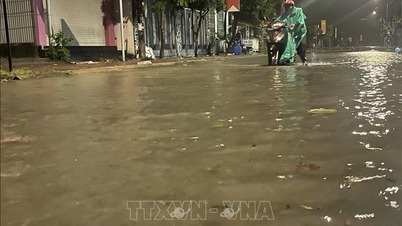

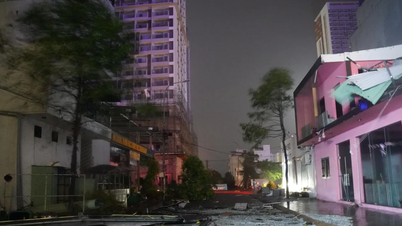










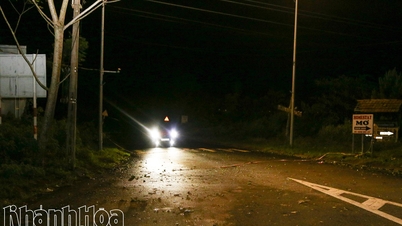

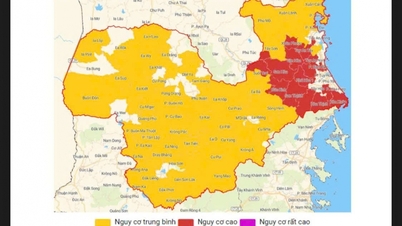

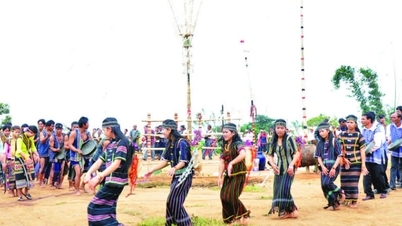


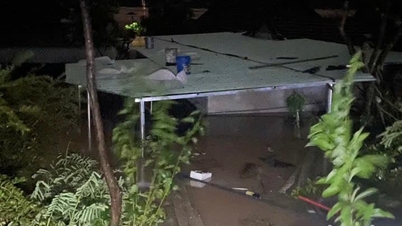











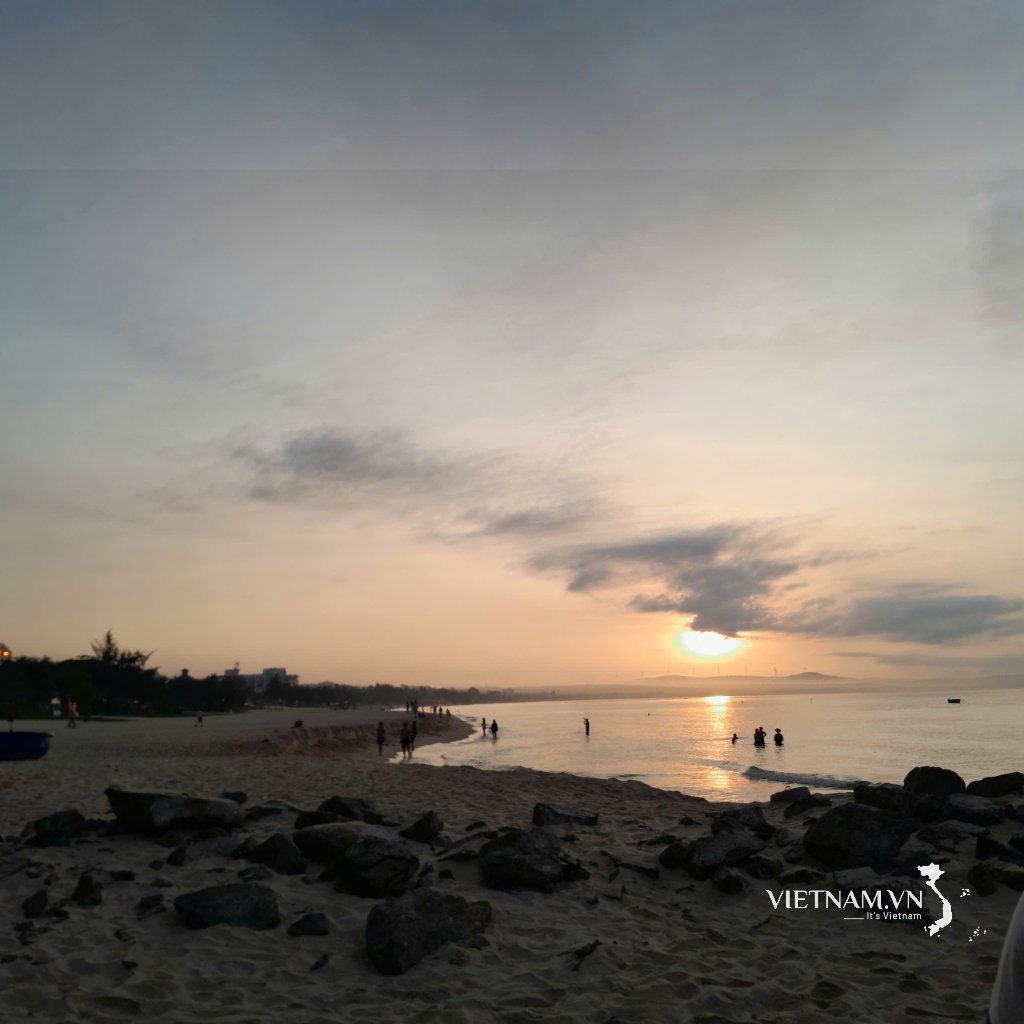
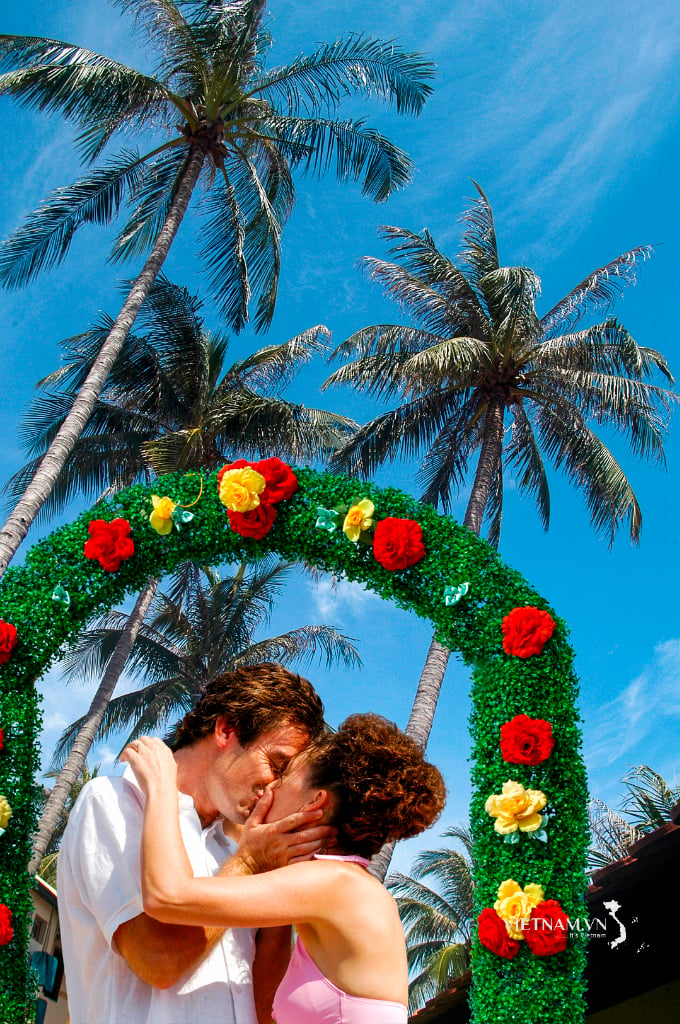

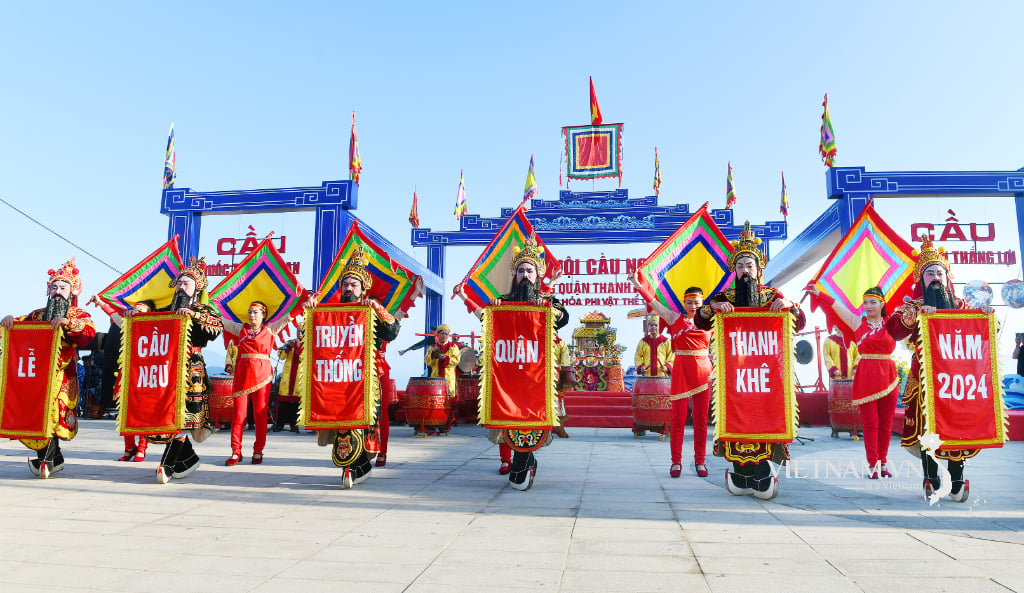
Comment (0)